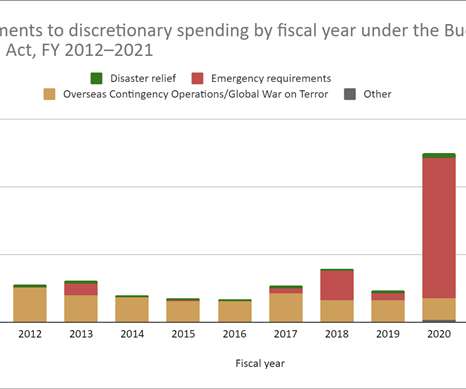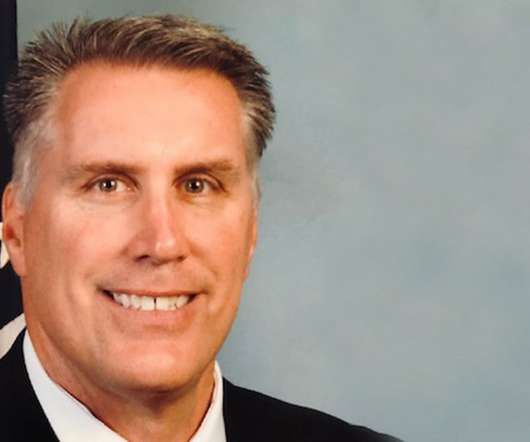Using Budget Principles to Prepare for Future Pandemics and Other Disasters
National Center for Disaster Prepardness
JANUARY 19, 2022
Testimony to the House of Representatives Committee on Rules’ Subcommittee on Legislative and Budget Process for the Hearing: Using Budget Principles to Prepare for Future Pandemics and Other Disasters. We have forward-looking actions across government, such as FEMA’s Strategic Plan. Testimony Submitted January 16, 2022.


















Let's personalize your content